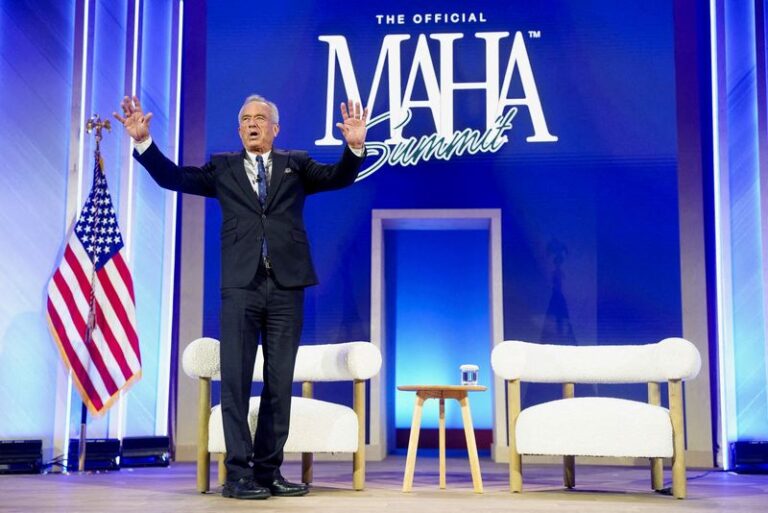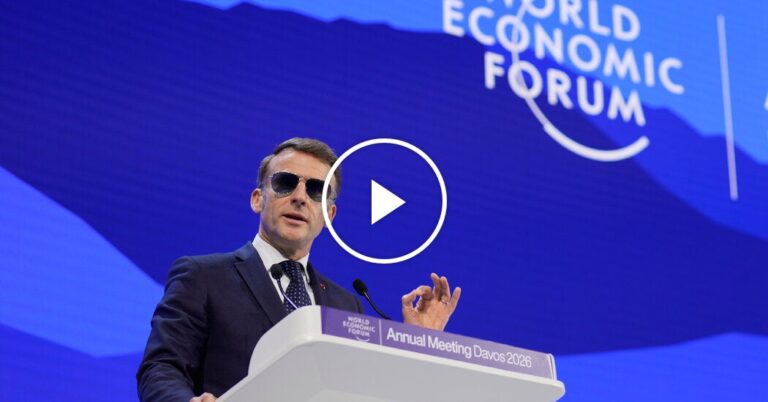Concord has made a strategic investment in Giant Music, the independent record label founded by The Azoff Company.
Details around the investment, including the size of the deal, weren’t disclosed in the press release issued by the companies on Wednesday (January 21).
In addition to receiving investment from Concord, Giant has entered into a global distribution partnership with Los Angeles-based Stem, which was acquired by Concord in 2025.
Giant Music, according to Wednesday’s press release, “will continue to operate independently while benefiting from Concord’s investment and Stem’s global infrastructure”.
The announcement added that Concord’s investment “further strengthens the Giant’s position as a top independent label while maintaining full creative and operational autonomy”.
Launched in 2022, Giant’s roster includes rising artists across pop, rock, and hip-hop, including platinum-selling artists Cash Cobain, Ruel, and more.
Concord said that its investment will further “supercharge Giant’s continued expansion across artist development, marketing, and global reach”.
On the distribution front, Concord said that Stem will serve as Giant’s worldwide distribution partner, “supporting the label with the infrastructure, expertise, and hands-on execution needed to scale”.
The announcement added that “Stem will work alongside Giant as a true partner, combining music-first strategy, technology, and agility to help its artists build sustainable, long-term careers”.
“This evolution of Giant Records will not only be a game changer for the artists on our roster but also the next generation of independent artists we are lucky enough to work with.”
Jeffrey Azoff
Jeffrey Azoff, CEO of Full Stop Management and COO of The Azoff Company, said: “We have assembled an all-star team at Giant led by Nate Albert, Shawn Holiday, and Matt LaMotte.
“Partnering with Concord and Stem takes everything to another level. This evolution of Giant Records will not only be a game changer for the artists on our roster but also the next generation of independent artists we are lucky enough to work with.”
“This investment underscores our confidence in the Giant team, its exceptional roster of artists, and our shared commitment to empowering artists with the support they need to realize their ambitions.”
Bob Valentine, Concord
Bob Valentine, CEO of Concord, said: “Giant Music is grounded in a strong foundation and guided by a clear, forward-looking vision. This investment underscores our confidence in the Giant team, its exceptional roster of artists, and our shared commitment to empowering artists with the support they need to realize their ambitions.”
“Giant has a reputation for delivering what others can’t. We’re proud to support them as an independent partner, providing the agility and infrastructure needed to bring ambitious ideas to life.”
Milana Lewis, Stem
Milana Lewis, CEO of Stem, added: “Giant is exactly the kind of partner Stem was built for. There are longstanding relationships here, and it’s always rewarding to build alongside people you respect and enjoy working with.
“Giant has a reputation for delivering what others can’t. We’re proud to support them as an independent partner, providing the agility and infrastructure needed to bring ambitious ideas to life.”
Cash Cobain earned a Gold certification and Top 5 U.S. radio hit with Fisherrr, has surpassed one billion global streams, and was named Spotify RapCaviar Rookie of the Year and Apple Music Up Next.
He also recently collaborated with Drake, Cardi B, and Don Toliver following work as a producer on Justin Bieber’s Grammy-nominated album Swag and a tour with Ice Spice.
Ruel, meanwhile, recently released Kicking My Feet, his highest-charting US album to date, earning hundreds of millions of streams and Triple J Hottest Records of 2025 recognition, with a 2026 tour including North American theaters and Lollapalooza South America.
The label is also home to FendiDa Rappa, whose Point Me 2 featuring Cardi B is certified Gold and Top 10 at Urban radio; Grammy-winning producer Mike WiLL Made-It, who is releasing new music in 2026; Deb Never, coming off a performance at Camp Flog Gnaw with an album produced by Romil Hemnani due in 2026; and Empress Of, who recently supported Lorde on tour and is preparing a new 2026 project with collaborators Matt Cohn and Mike Sabath.Music Business Worldwide

















